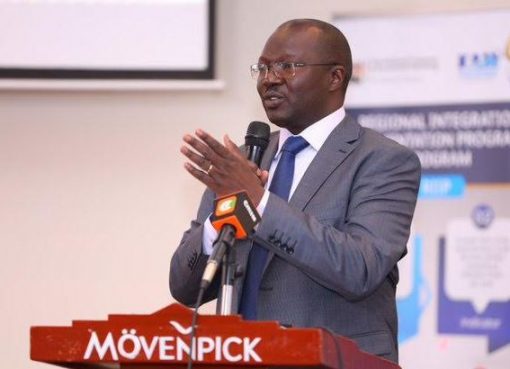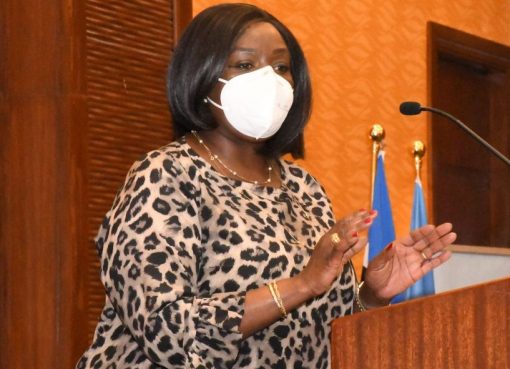Judiciary in partnership with the Ministry of ICT are working on plans to utilize the Government’s AJIRA programme where they would engage young people to do transcription of court proceedings that will create job opportunities.
Speaking on Thursday during the launch of the 2017- 2018 State of the Judiciary and Administration of Justice Report (SOJAR) Chief Justice (CJ) David Maraga said that the manual recording of court proceedings was an onerous and time consuming activity that significantly hampered the rate at which cases were resolved.
“Another area in which we are advancing is our automation and digitization efforts which are crucial to the Judicial transformation. Out of 132 courts for example, 126 now have reliable internet. The remaining six are in extremely remote places that do not even have electricity,” said the CJ.
Maraga said that despite the funding challenges, the Judiciary has made significant strides in the pursuit of many of its goals adding that they saw an increase in the number of election petitions from 188 in the 2013 General Election to 391 in the 2017 general election.
“We heard and determined all of them within the statutory timelines, thanks to the extensive training and preparation that we had undertaken through the Judiciary Committee on Elections,” said Maraga.
Maraga said that in 2017, he gave an undertaking that they would clear all cases more than five years old which were 170,186 then and by the end of 2018, they had resolved 148,877 of those cases which works out to 87 per cent success.
“We aim to clear all of them by the end of this year in spite of the fact that there is a steady growth in the number of cases filed in our courts. In the Environment and Land Court for instance, you cannot get a hearing date this year as the court diary is full. The Court of Appeal currently has 19 Judges against the set minimum number of 30,” he explained.
The CJ said that to address the shortage that continues to hamper the effective disposal of cases, the Judicial Service Commission (JSC) has commenced the process of recruiting more than 40 judges and over 100 magistrates.
He added that they currently have a total of 102 court construction and rehabilitation works going on in the country.
On the war against corruption the CJ said… “No other process provides a better example of the need for inter-agency collaboration than the current war against corruption. Months of acrimonious exchanges and blame games between different State agencies only served to deepen the already intractable challenges and further hurt the efforts to fight corruption.”
He continued…. “However, I am now happy about the positive developments that are taking place and we are now working together as the justice sector agencies in the interest of the nation. In order to expeditiously iron out existing and emerging challenges that could weaken our collective efforts, we have established a committee, drawn from all the agencies 29 involved, to ensure that nothing between us impairs the fight against corruption.”
Maraga highlighted that with collaboration, between July 2017 and December last year, they determined 91 corruption cases of which 46 were convictions.
“As of today, there are 94 pending corruption cases whose proceedings are ongoing at a steady pace. Within the environment of increased cooperation and better coordination, we expect a significant improvement in the rate of disposal of these cases,” he explained.
Maraga acknowledged that corruption is even in the Judiciary saying… “In the last few weeks, Senior Counsel Mr. Ahmednassir Abdullahi publicly claimed that some Judges of the Supreme Court were bribed to decide the Wajir Gubernatorial petition the way they did. I challenge him to file a petition and assure him that the JSC will take stern action of those Judges.”
By Joseph Ng’ang’a
Sunday, May 18, 2025




